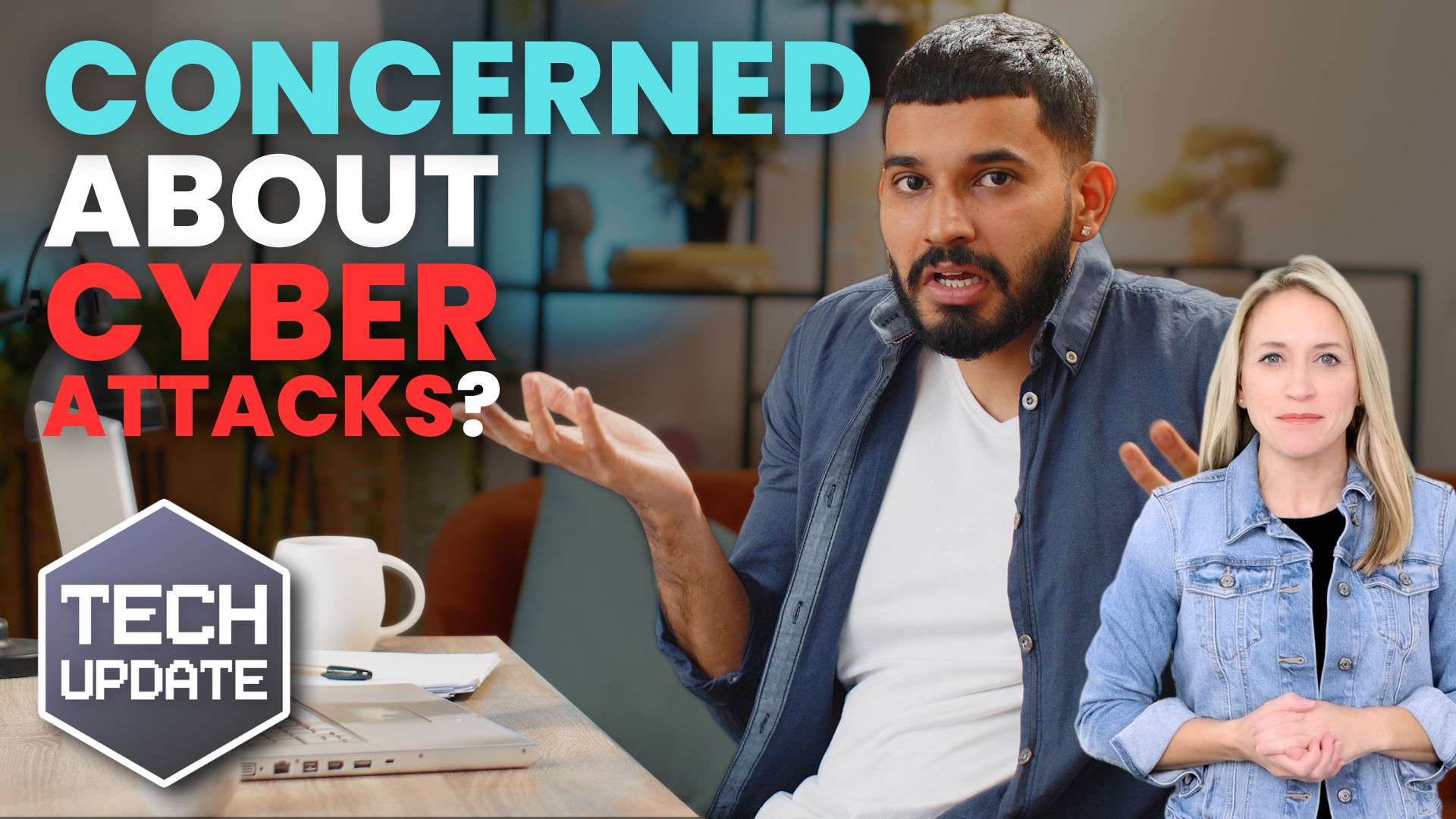Do you feel like you’re constantly hearing about cyber attacks lately?
You’re not imagining things.
Cyber attacks are on the rise. And they’ve overtaken other risks as the number one concern for many businesses worldwide. From ransomware and data breaches to IT disruptions that bring operations to a standstill, cyber threats are keeping business owners up at night – and for good reason.
Imagine losing access to your customer database, having sensitive information leaked, or being locked out of your systems until you pay a large ransom. These aren’t just hypothetical scenarios… this is the nightmare faced by businesses of all sizes every day.
If your business becomes a victim of a cyber attack, the impact could be devastating. It can lead to everything from financial loss to a damaged reputation, not to mention the cost of downtime while your business recovers.
Advancements in technology – especially artificial intelligence (AI) – have given cyber criminals access to more sophisticated tools, making it easier for them to launch attacks.
Cyber incidents are one of the main reasons for business interruption, which is where operations grind to a halt due to unexpected events (like glitches and cyber attacks). As our dependence on digital tools grows, so does the need to protect them.
We bring good news. While cyber threats are evolving, so are the tools designed to combat them. AI-powered technologies can provide better insights, help detect threats earlier and allow for faster responses.
But even with advanced tools, the human element remains crucial. Your employees need to understand the risks and be trained to recognize potential threats, whether it’s a suspicious email or unusual activity in your systems.
So, how concerned should you be about cyber attacks?
Very.
We see that as a good thing. The more aware you are about how serious these threats are, the better you can protect your business. The key is to be proactive. Stay informed, invest in strong security measures, and make your team one of your greatest defenses.
If that sounds overwhelming, don’t worry; we can help prepare your employees and make your systems safer. Get in touch.




